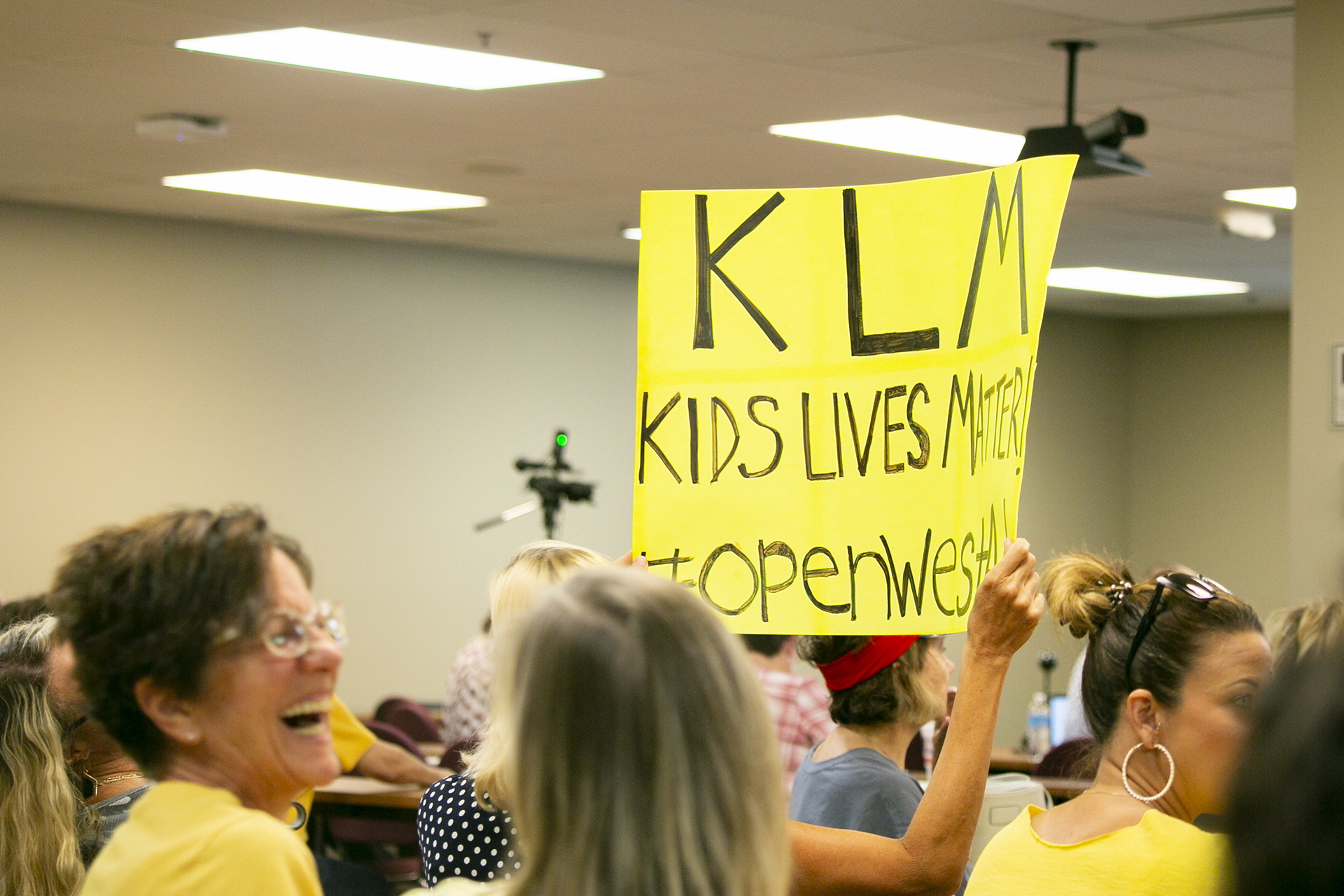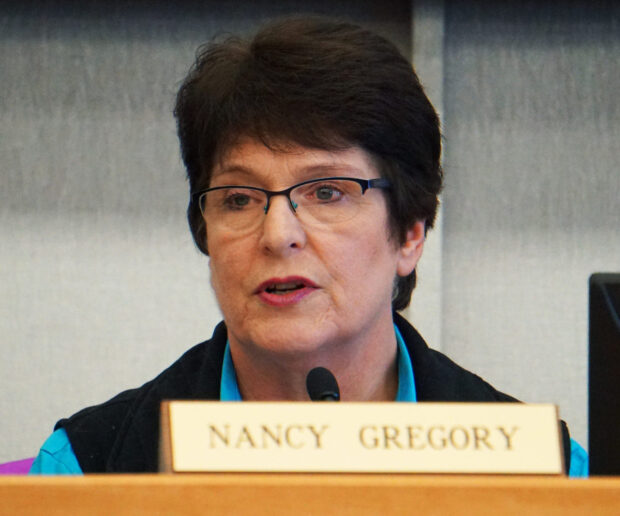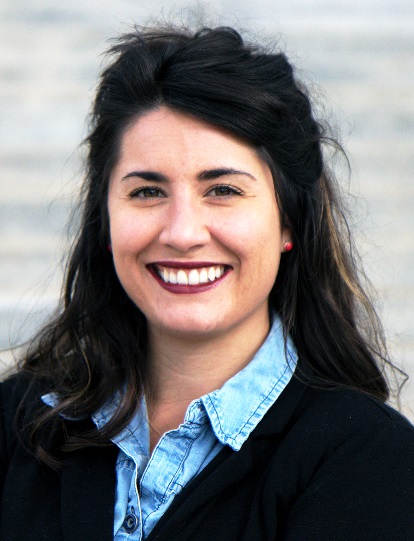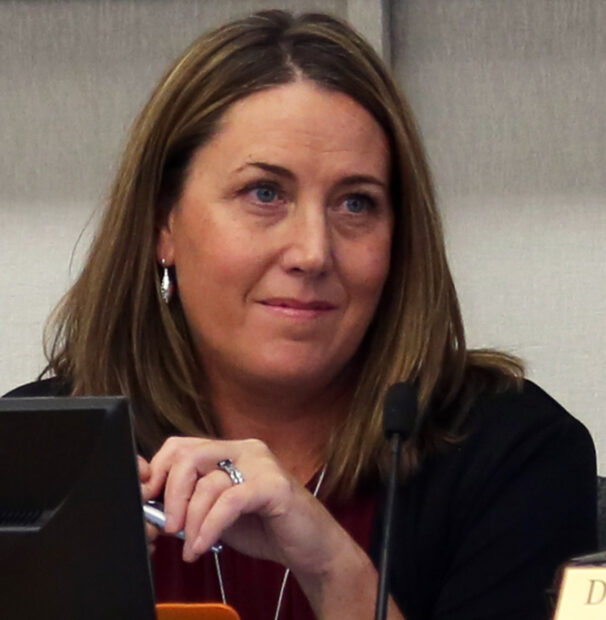
If voters wanted a change election, they’ve got one.
In some school districts, anyway.

After campaigns that were sometimes partisan, sometimes pricey, and often focused on pandemic protocols and superheated social issues, dozens of new school trustees will take office across Idaho in January.
Now, these new board members will have to move out of election mode — where vows to oppose mask mandates and critical race theory resonated with many voters.
“There’s a lot more going on in our schools than that,” said Nancy Gregory, a 19-year Boise school trustee.
What really happened Tuesday?
In many respects, it was a school board election unlike any other:
- Political parties played an increased role in these nominally nonpartisan races. By Election Day, the two West Ada trustee elections had transformed into a pair of partisan showdowns — and in this red suburban area, the outcomes were predictable. In the GOP stronghold of Kootenai County, the Republican Central Committee endorsed 11 trustee candidates in all.
- Candidates spent more, in some cases. By Sept. 30, West Ada candidates Lori Frasure and Angela Redford had raised $20,600 and $11,600, respectively. For some perspective, both have raised more than state superintendent Sherri Ybarra has raised all year, across Idaho, for a possible run for a third term. In the next few days, school board candidates will have to file October fundraising reports — which will fill out the picture, albeit after the fact.
- In several large districts, turnout surged. The West Ada races drew more than 5,500 voters apiece, up from the 4,600 votes cast in a contested trustee’s race in 2019. And that was a mild increase. In Pocatello, Idaho Falls and Lakeland, turnout more than doubled from two years ago. (But rules have exceptions. In Caldwell, turnout in Tuesday’s one contested trustee’s race landed squarely between voter numbers from two races in 2019.)
- The power of incumbency was greatly limited. In all, 47 incumbent trustees were on ballots across the state. And 21 lost. Many big school districts were already looking at trustee turnover — with board members in West Ada, Nampa and Coeur d’Alene resigning midterm, or deciding not to run again. Tuesday’s upsets only add to the churn.
While it was a change election, it would be easy to oversimplify or overstate the case.
Conservatives scored some big wins, including sweeps in West Ada and Nampa, two of Idaho’s three largest school districts, serving some 52,000 students between them. Both boards will likely move to the right — on COVID-19 and CRT, and probably on other issues too.
But the results didn’t follow a neat pattern. The Kootenai County GOP didn’t get a sweep in Coeur d’Alene or in Post Falls — where committee choice David Reilly couldn’t run from far-right ties and a series of since-deleted anti-Semitic tweets. Voters instead chose Jake Dawson, a candidate also opposed to mask mandates and CRT.
Two members of Lt. Gov. Janice McGeachin’s controversial indoctrination task force were running in Eastern Idaho. Blackfoot trustee Sonya Harris and Sugar-Salem candidate Elaine King received 32% and 36%, respectively.
Bottom line: These are still local elections, local decisions.
And in many cases, voters still didn’t have a decision at all. About 70 percent of trustee races were uncontested.
From campaigning to governing
In two weeks, trustees from across the state will converge in Boise for the Idaho School Boards Association’s annual convention.

Quinn Perry, the ISBA’s deputy director, hopes some of the newly elected trustees make the trip as well. She knows these new trustees will want to stick to their campaign promises on COVID protocols and CRT, “and I don’t blame them.” But she also hopes they will dig in on some tough issues that didn’t get discussed in the campaigns, such as student welfare, teacher retention and administrative turnover.
“I hope that trustee-elects come in knowing the duties that they have before them,” she said.
In their unpaid role, trustees move around billions of federal, state and local tax dollars. They hire and sometimes fire superintendents. They negotiate with teachers’ unions, and the agreements they reach constitute a district’s largest expense. They make decisions on textbooks and curriculum, putting state academic standards into practice.
Watching this fall’s elections from the sideline, Boise school trustee Beth Oppenheimer found the focus on pandemic protocols “disingenuous.” She also wants to see school boards focused on larger issues.
“We don’t know the future of masks,” she said. “But the future of learning is still going to be there.”
A one-off election, or a new template?
Idaho’s elections hardly occurred in a vacuum. Across the nation, conservative activists focused their attention on school board elections and trustee recalls. Education played prominently in Tuesday’s most talked-about election — the Virginia governor’s race, which Glenn Youngkin flipped back into the GOP’s fold.
Perhaps it shouldn’t be surprising, after several years of coast-to-coast backlash over Common Core standards, but education mobilized voters and pushed turnout this fall.
“It’s become this nationalized issue,” Boise State University political science professor Jaclyn Kettler said. “It’s just really fascinating to watch.”
Will it sustain itself?
The debate over law enforcement and race took center stage in 2020, only to be supplanted somewhat by education topics in 2021, Kettler said. Education could remain a focal point in 2022, as the nation heads into midterm congressional elections. But then again, she said, the midterms frequently hinge on the economy.
In Boise, trustees were shielded from the politics of the moment. Trustees reinstated a districtwide mask mandate in August, but didn’t have to face voters this fall, since Boise’s unique governing charter calls for standalone September trustee elections in even-numbered years.

Oppenheimer is among five trustees who could be on Boise’s ballot in September. Not having an election was good for her stress level, she said, but it didn’t affect her decision on masks.
“Nobody wants to run and lose an election,” she said. “(But) I’m there to make the best decisions based on the information we have in front of us.”
Gregory said she felt “a little bit of sorrow” as she watched trustee races take a partisan turn in other districts. She didn’t like seeing voter attention concentrated only on COVID issues.
Elected to a six-year term in 2020, Gregory also can afford to take the long view. The pandemic will recede. And in time, maybe parents will turn their attention to student achievement, redirecting the energy so evident in this year’s campaign.
“I hope it can be a catalyst,” she said.
If that’s the case, 2021 could be a change election indeed.
Each week, Kevin Richert writes an analysis on education policy and education politics. Look for his stories each Thursday.
